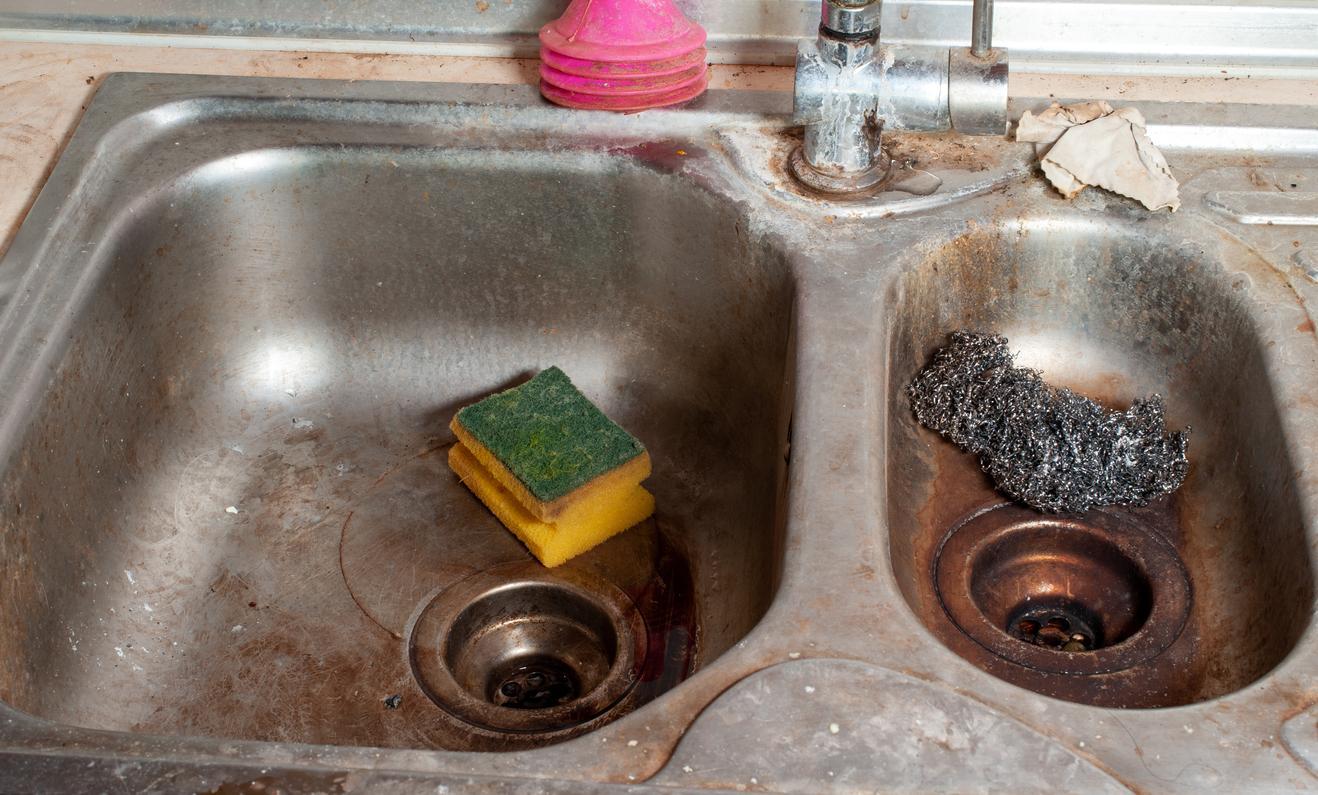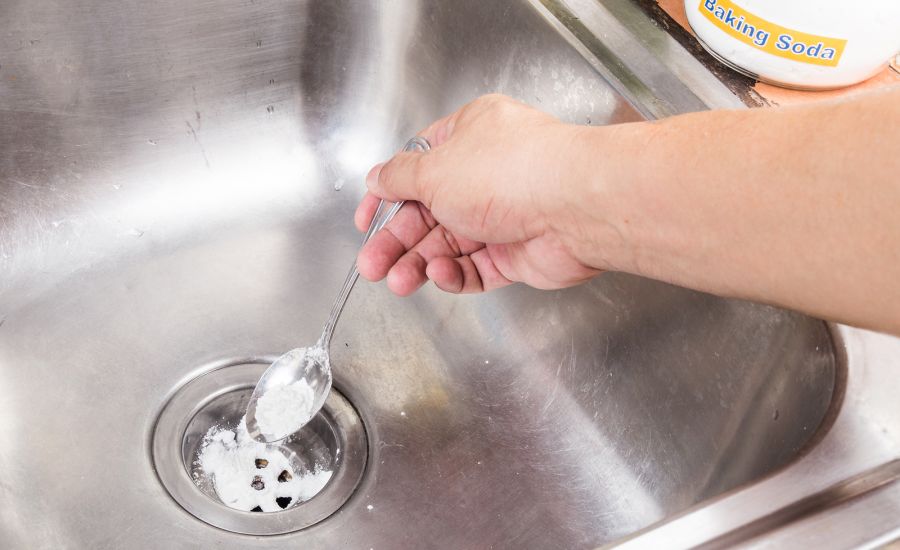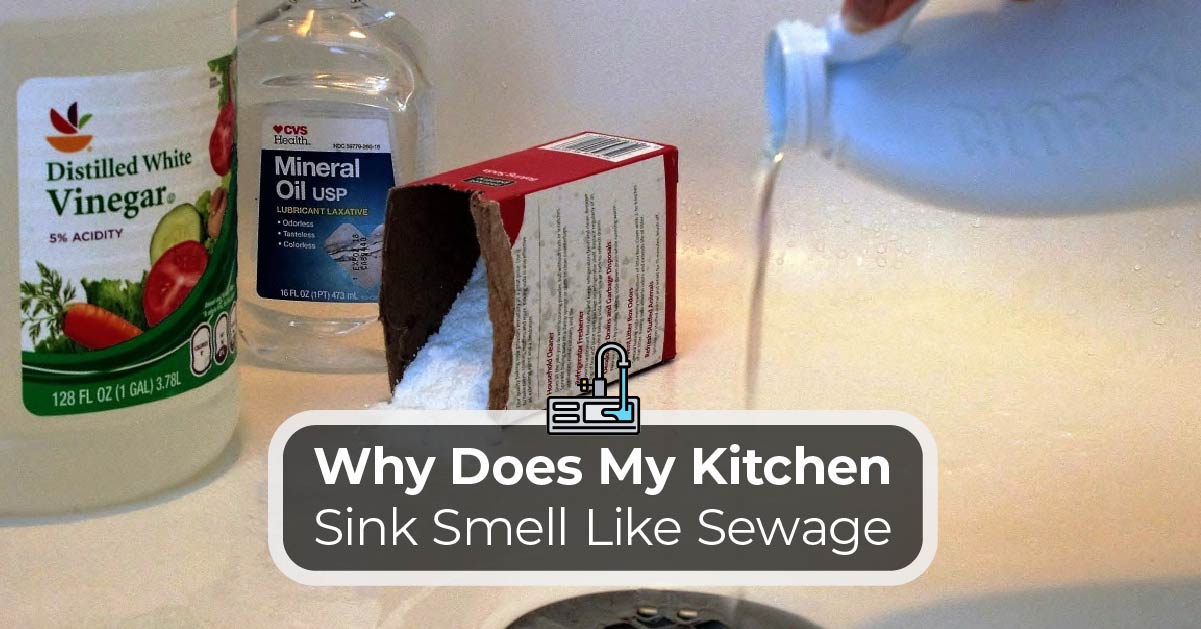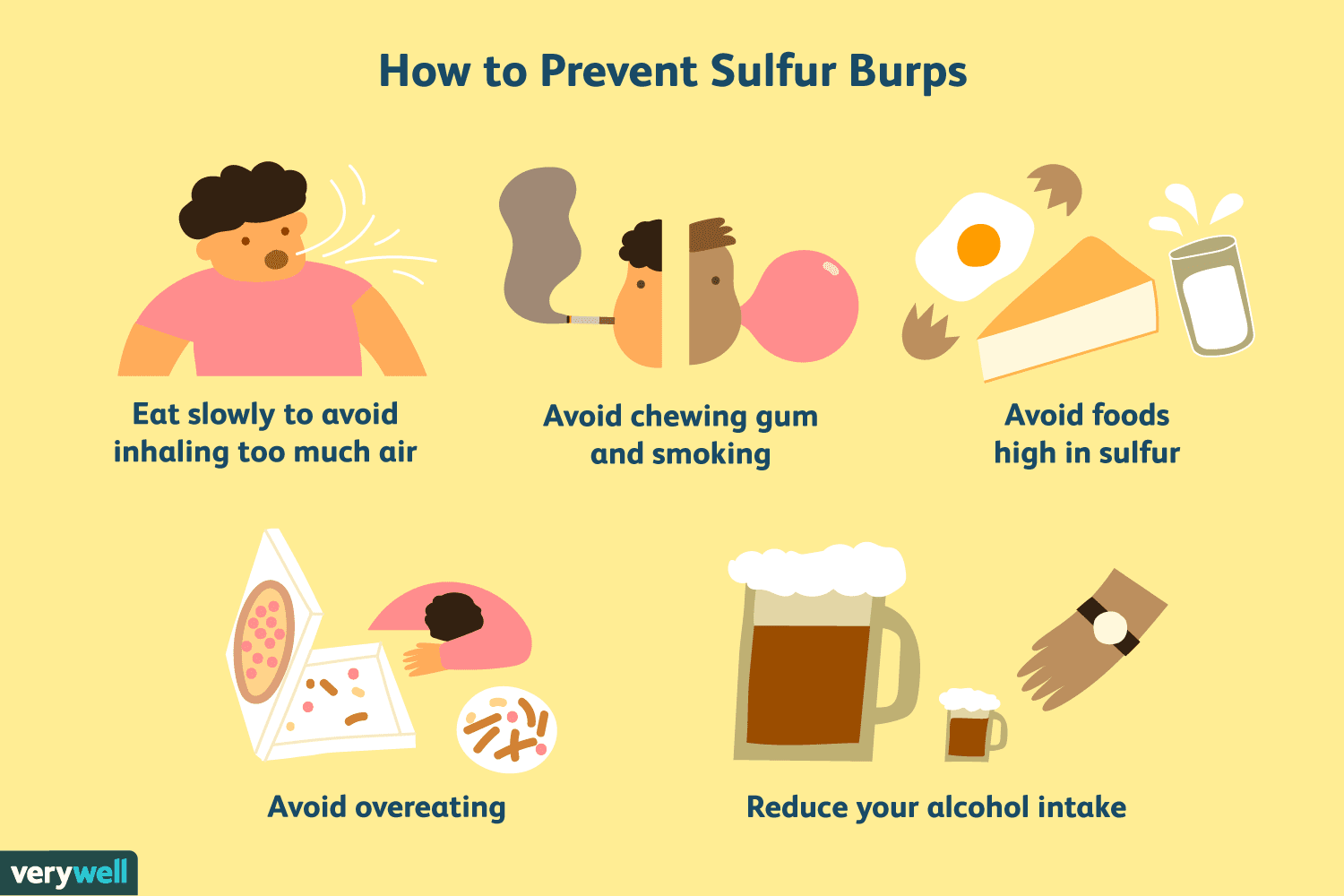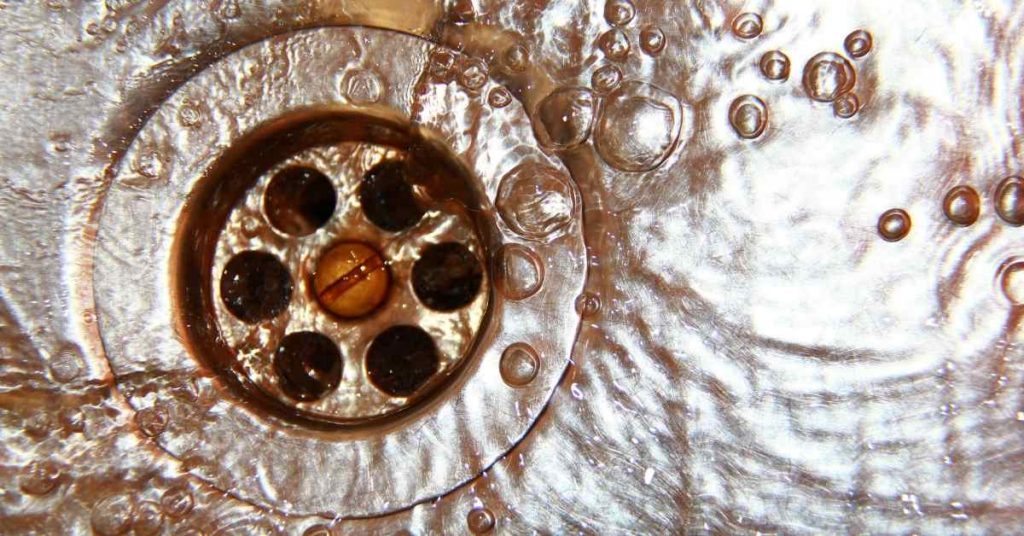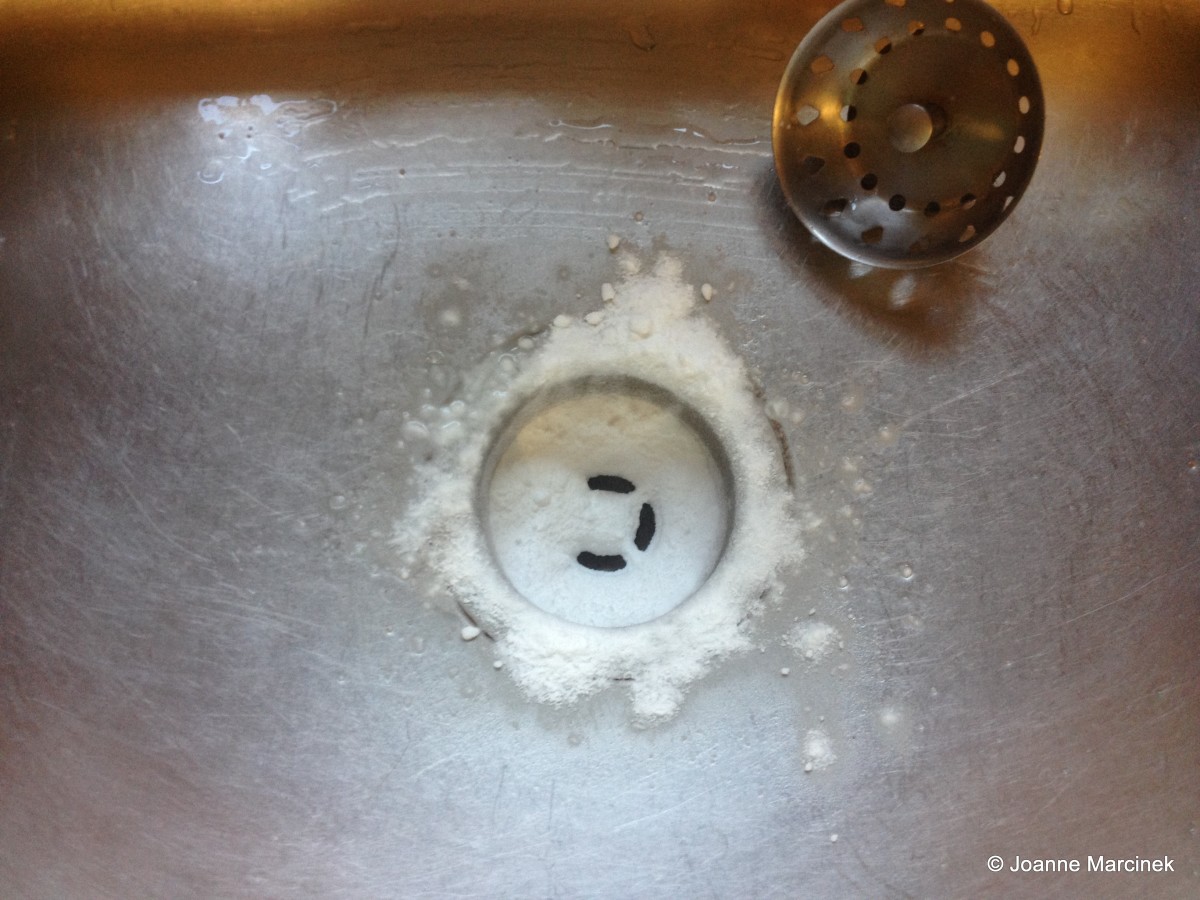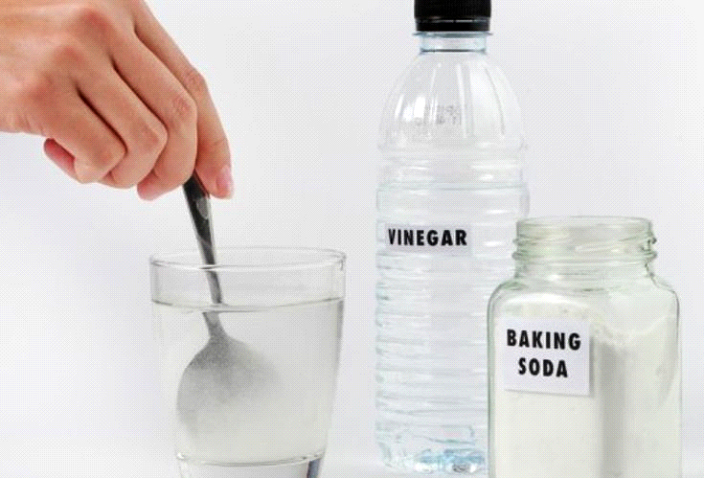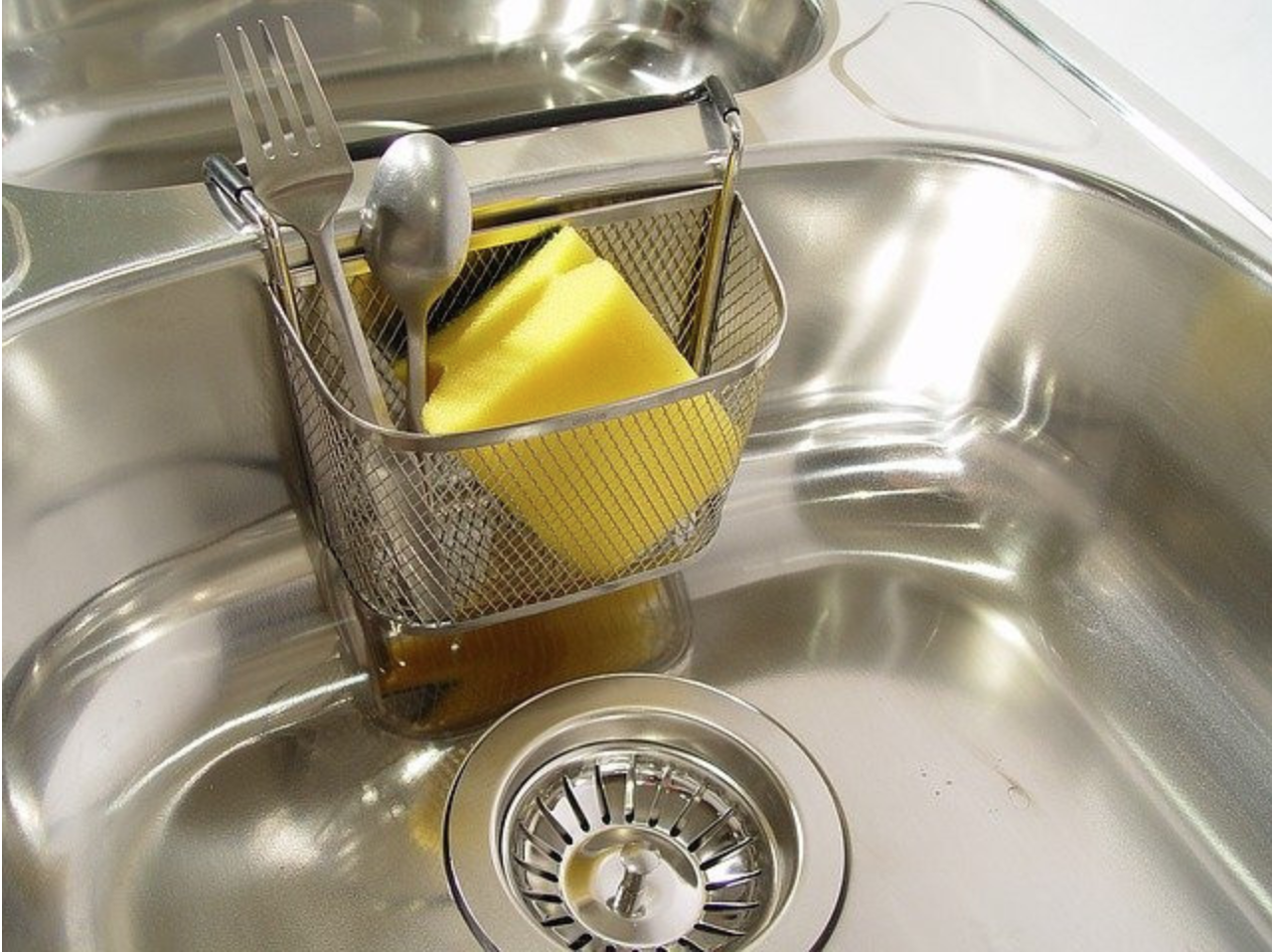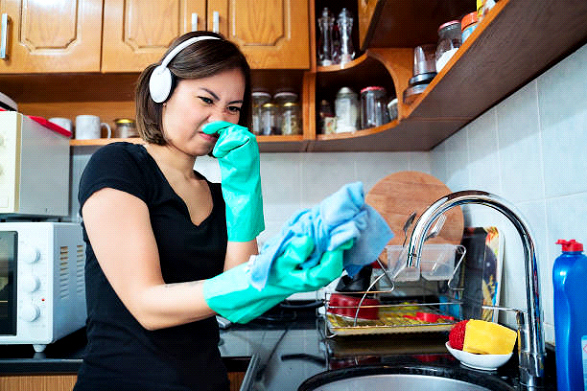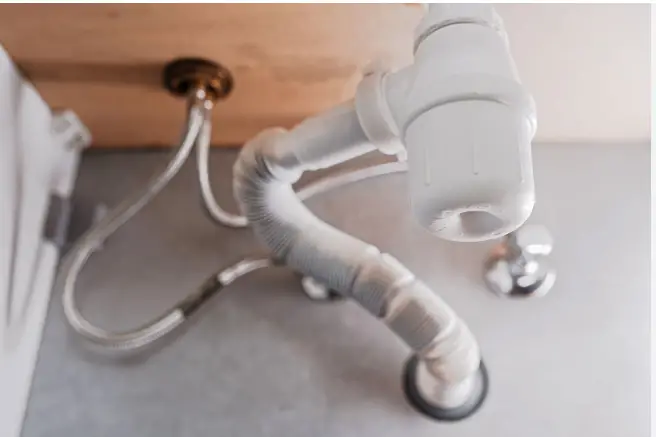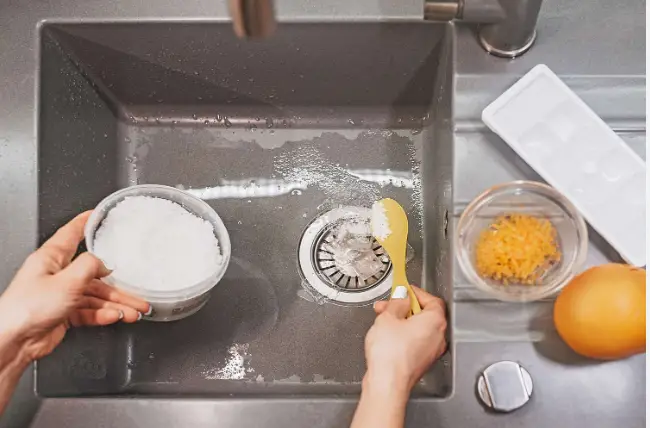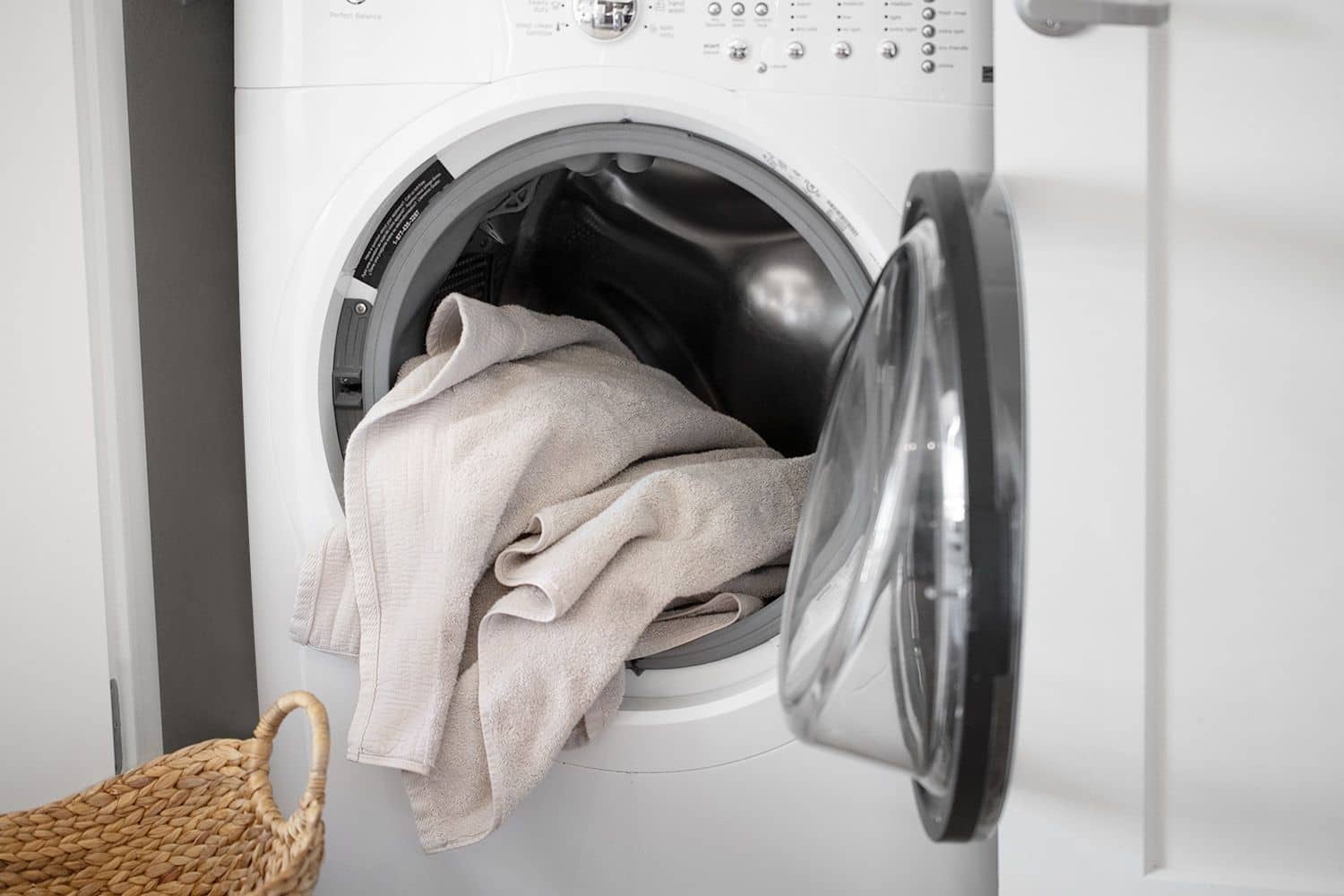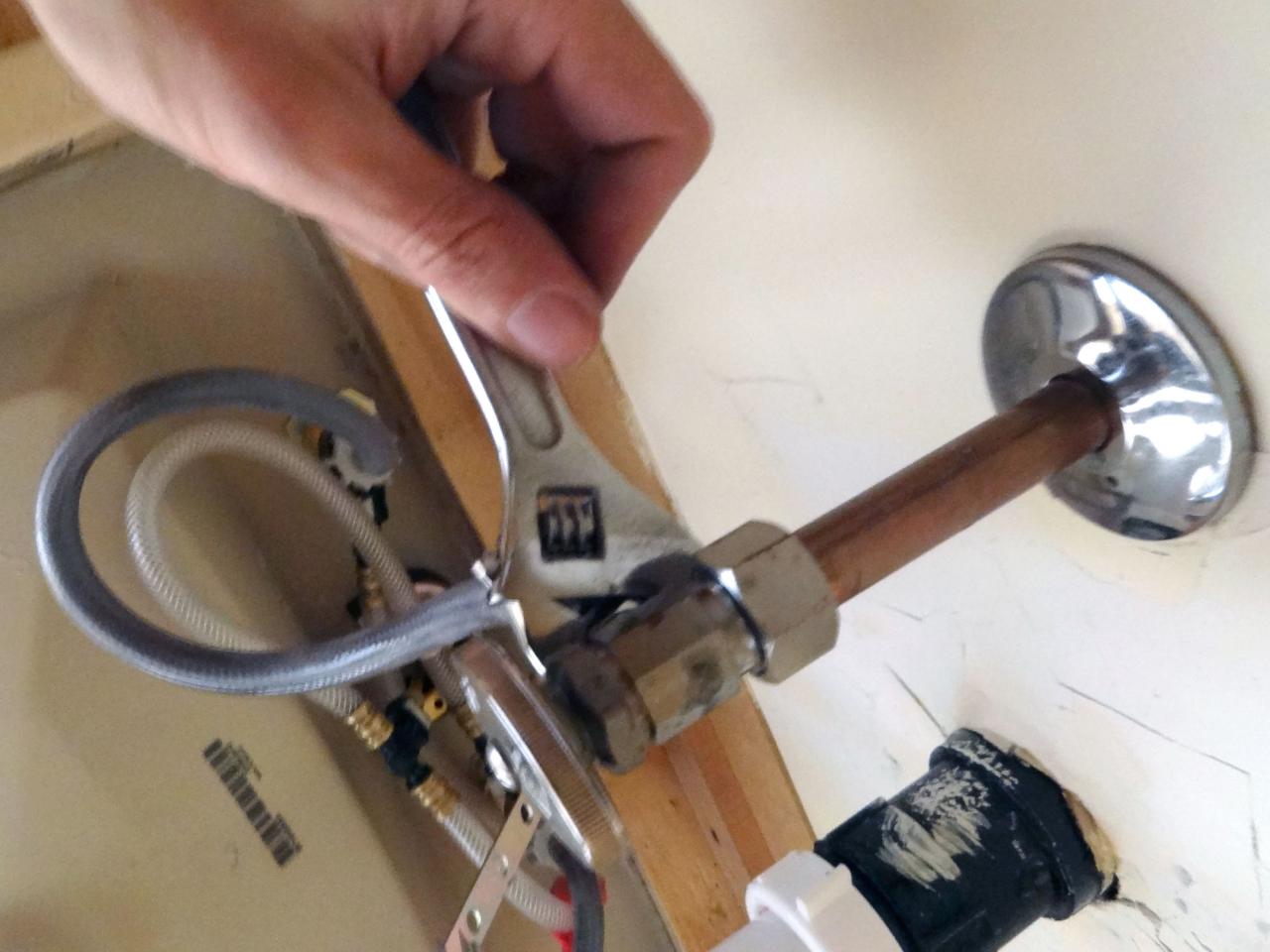If you've noticed a foul odor coming from your kitchen sink, you're not alone. Many homeowners experience a rotten egg smell in their kitchen sink, and it can be a major nuisance. But what exactly causes this unpleasant odor? One of the most common causes of a rotten egg smell in the kitchen sink is a buildup of bacteria in the drain. This bacteria can produce hydrogen sulfide gas, which has a distinct rotten egg smell. This gas is not only unpleasant, but it can also be harmful if inhaled in large quantities. Another possible cause of the rotten egg smell in your kitchen sink is a damaged or clogged drain pipe. If there is a blockage in the pipe, it can cause food particles and other debris to rot and produce the foul odor. Additionally, a malfunctioning garbage disposal can also contribute to the rotten egg smell. This appliance can easily become clogged with food scraps, leading to bacterial growth and the accompanying odor. Whatever the cause may be, it's important to address the issue as soon as possible to eliminate the smell and prevent any potential health hazards. Causes of Rotten Egg Smell in Kitchen Sink
Now that you know some of the potential causes of a rotten egg smell in your kitchen sink, let's discuss how to get rid of it. Here are some effective methods to eliminate the foul odor and keep your kitchen smelling fresh. Clean the Drain The first step in getting rid of the rotten egg smell is to clean the drain thoroughly. You can use a mixture of baking soda and vinegar to remove any buildup and bacteria. Simply pour half a cup of baking soda down the drain, followed by half a cup of vinegar. Let it sit for a few minutes before flushing it with hot water. This natural solution will help eliminate the odor and disinfect the drain. Use a Commercial Drain Cleaner If the homemade solution doesn't do the trick, you can also try using a commercial drain cleaner. Look for a product that specifically targets odor-causing bacteria. Follow the instructions on the label and make sure to wear gloves and eye protection when using the cleaner. Check the Garbage Disposal If you suspect that the garbage disposal is the source of the smell, you can try running it with a combination of ice and salt. This will help clean the blades and remove any food particles that may be causing the odor. You can also pour a cup of baking soda down the disposal, followed by a cup of vinegar, to further eliminate any bacteria. Call a Professional If the smell persists even after trying these methods, it's best to call a professional plumber. They can inspect the drain and disposal and determine the root cause of the issue. They may also use specialized equipment to thoroughly clean the drain and get rid of any lingering bacteria. How to Get Rid of Rotten Egg Smell in Kitchen Sink
You may be wondering why your kitchen sink has suddenly started to smell like rotten eggs. As mentioned earlier, one of the main reasons for this unpleasant odor is the buildup of bacteria in the drain. However, there are a few other potential causes to consider. Sewer Gas If the rotten egg smell is present throughout your entire home and not just in the kitchen sink, it could be due to sewer gas. This gas contains hydrogen sulfide, the same compound responsible for the rotten egg smell. It can enter your home through damaged plumbing or a blocked sewer line. In this case, it's best to contact a professional plumber for a thorough inspection and repair. Water Heater Issues Another possible cause of a rotten egg smell in your kitchen sink could be a problem with your water heater. If the anode rod in the water heater is worn out, it can produce hydrogen sulfide gas, giving your hot water a rotten egg smell. In this case, you may need to replace the anode rod to get rid of the odor. Municipal Water Supply In rare cases, the rotten egg smell may be due to the municipal water supply. Sometimes, sulfur-reducing bacteria can grow in the water supply and produce hydrogen sulfide gas, causing the foul odor. If you suspect this to be the case, you can contact your local water provider for further assistance. Why Does My Kitchen Sink Smell Like Rotten Eggs?
Fixing a rotten egg smell in your kitchen sink may require some trial and error. However, there are a few key steps you can take to address the issue and prevent it from recurring. Regularly Clean the Drain To prevent bacteria buildup in the drain, it's important to regularly clean it. You can use the baking soda and vinegar method mentioned earlier once a month to keep your drain free of any odor-causing bacteria. Run Hot Water After Each Use Another way to prevent bacteria growth in the drain is to run hot water for a few seconds after each use. This will flush out any food particles and help keep the drain clean. Avoid Pouring Grease Down the Drain Grease and oil can solidify in the drain and cause clogs, leading to bacterial growth and odor. It's best to avoid pouring any grease or oil down the kitchen sink and instead dispose of it in the trash. Regularly Clean the Garbage Disposal As mentioned earlier, the garbage disposal can also contribute to a rotten egg smell in the kitchen sink. To prevent this, make sure to regularly clean the disposal with ice, salt, and baking soda. By following these simple tips, you can keep your kitchen sink smelling fresh and eliminate any potential health hazards associated with the rotten egg smell. How to Fix a Rotten Egg Smell in Your Kitchen Sink
Now that we've covered the main causes of a rotten egg smell in your kitchen sink, let's dive deeper into why these issues occur. Understanding the root cause can help you take the necessary steps to prevent the smell from coming back. Bacteria Growth As mentioned earlier, bacteria growth in the drain is one of the main culprits behind the rotten egg smell. This can happen due to a lack of regular cleaning or a clog in the drain that traps food particles and provides a breeding ground for bacteria. Blocked Drain Pipe If the drain pipe is blocked, it can cause food scraps and other debris to rot, producing an unpleasant odor. This is why it's important to regularly clean the drain and ensure there are no clogs. Malfunctioning Garbage Disposal A garbage disposal that is not working properly can also contribute to the rotten egg smell. If food scraps are not being properly disposed of, they can rot and lead to bacterial growth. What Causes a Rotten Egg Smell in Your Kitchen Sink?
Getting rid of the rotten egg smell from your kitchen sink may require a combination of methods, depending on the cause. Here are some additional tips that can help eliminate the odor and keep your kitchen smelling fresh. Use Lemon or Lime The citric acid in lemon or lime can help neutralize the foul odor in the drain. Simply cut a lemon or lime into pieces and run them through the garbage disposal. This will not only help eliminate the smell but also leave your kitchen smelling fresh and clean. Deodorize with Baking Soda In addition to cleaning the drain with baking soda and vinegar, you can also deodorize it by sprinkling some baking soda down the drain and letting it sit for a few hours. Then, flush it with hot water to get rid of any remaining odor. Use Essential Oils Essential oils, such as peppermint or eucalyptus, have natural deodorizing properties and can help mask the rotten egg smell. Simply add a few drops to the drain and run hot water through it. By incorporating these methods into your cleaning routine, you can effectively eliminate the rotten egg smell and keep your kitchen sink smelling fresh. How to Eliminate Rotten Egg Smell from Kitchen Sink
Some people may experience a sulfur-like smell in their kitchen sink, which can be just as unpleasant as the rotten egg smell. But what causes this sulfur smell? High Levels of Sulfur in the Water Supply The most common reason for a sulfur smell in the kitchen sink is high levels of sulfur in the water supply. This can occur due to a variety of reasons, including bacteria growth in the water or a high concentration of minerals. In this case, you can contact your local water provider for further assistance. Sewer Gas As mentioned earlier, sewer gas can also have a sulfur-like smell. If you suspect this to be the case, it's best to contact a professional plumber for an inspection. Damaged Plumbing If the plumbing in your home is old or damaged, it can cause sulfur to seep into the water supply, resulting in the unpleasant smell in your kitchen sink. This may require a professional plumber to repair or replace the damaged pipes. Why Does My Kitchen Sink Smell Like Sulfur?
If your kitchen sink smells like sulfur, there are a few steps you can take to eliminate the odor. Flush the Drain with Hot Water The first step in getting rid of the sulfur smell is to run hot water through the drain for a few minutes. This will help flush out any bacteria or mineral buildup that may be causing the smell. Clean the Drain You can also use the baking soda and vinegar method mentioned earlier to clean the drain and get rid of any lingering odors. Use a Water Filter If the sulfur smell is due to high levels of sulfur in the water supply, a water filter can help remove the excess minerals and improve the quality of your water. Call a Professional If the smell persists, it's best to call a professional plumber for an inspection. They can determine the cause of the sulfur smell and make the necessary repairs to eliminate it. How to Get Rid of Sulfur Smell in Kitchen Sink
If you've tried multiple methods to get rid of the rotten egg smell in your kitchen sink and it still persists, here are a few additional steps you can take. Check the Ventilation System A poorly ventilated kitchen can contribute to the buildup of bacteria and unpleasant odors. Make sure your kitchen has proper ventilation, and consider installing a range hood to improve air circulation. Inspect the P-Trap The P-trap, a curved piece of pipe located under the sink, can also become clogged with debris and cause the rotten egg smell. You can remove and clean the P-trap or call a professional plumber for assistance. Prevent Future Odors To prevent future issues with a rotten egg smell in your kitchen sink, make sure to regularly clean the drain and dispose of food scraps properly. You can also pour boiling water down the drain once a week to help prevent bacterial growth. What to Do if Your Kitchen Sink Smells Like Rotten Eggs
As the saying goes, prevention is better than cure. Here are a few simple steps you can take to prevent a rotten egg smell in your kitchen sink. Properly Dispose of Food Scraps One of the main causes of the rotten egg smell is food scraps and debris in the drain. Make sure to properly dispose of food scraps in the trash and avoid pouring grease or oil down the sink. Regularly Clean the Drain Regularly cleaning the drain with baking soda and vinegar can help prevent bacteria buildup and eliminate any potential odors. Run Hot Water After Each Use Running hot water after each use can help flush out any food particles and prevent clogs in the drain. Avoid Using Harsh Chemicals While commercial drain cleaners can be effective, they can also be harsh and damage your pipes. It's best to avoid using them and opt for natural solutions instead. By following these preventive measures, you can keep your kitchen sink smelling fresh and avoid any unpleasant odors in the future. How to Prevent Rotten Egg Smell in Kitchen Sink
The Cause of Rotten Egg Smell from Your Kitchen Sink

Eliminate Unpleasant Odors in Your Home Design
Preventing Future Odors in Your Kitchen Sink
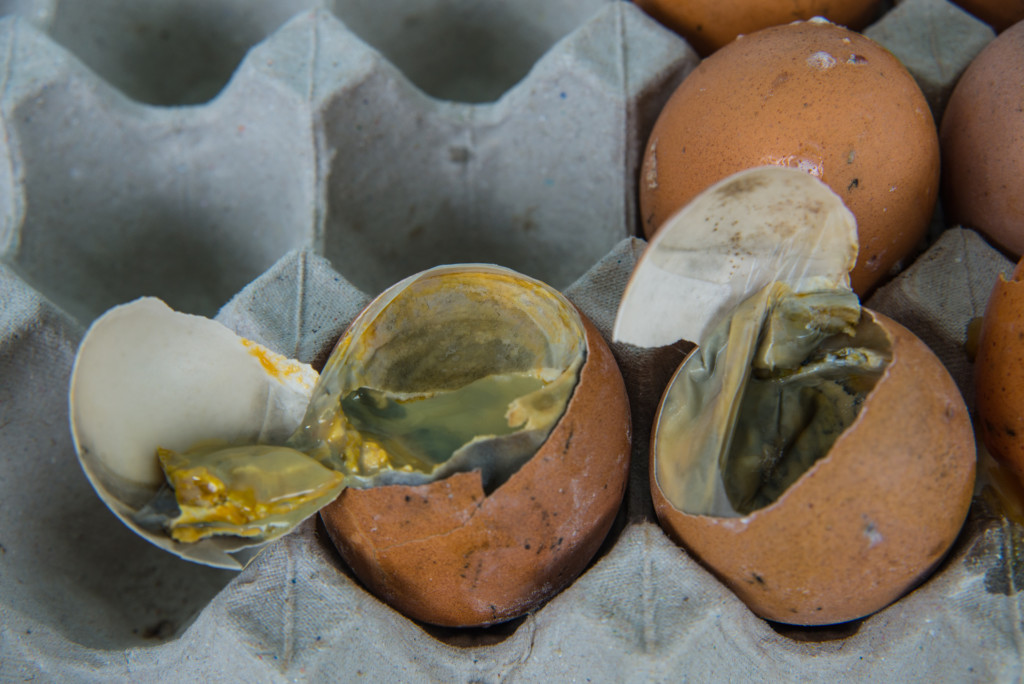 After cleaning your sink, it is important to take preventative measures to ensure that the smell does not return. One way to do this is to regularly use a mixture of hot water, baking soda, and vinegar to flush out your drain. This will help to keep bacteria from building up and producing the foul smell.
Another important step is to ensure proper ventilation in your kitchen. Make sure that your sink has a proper trap and vent system in place to prevent gases from becoming trapped.
Regularly opening windows or using a kitchen fan can also help to improve ventilation and reduce the likelihood of unpleasant odors in your home.
After cleaning your sink, it is important to take preventative measures to ensure that the smell does not return. One way to do this is to regularly use a mixture of hot water, baking soda, and vinegar to flush out your drain. This will help to keep bacteria from building up and producing the foul smell.
Another important step is to ensure proper ventilation in your kitchen. Make sure that your sink has a proper trap and vent system in place to prevent gases from becoming trapped.
Regularly opening windows or using a kitchen fan can also help to improve ventilation and reduce the likelihood of unpleasant odors in your home.
Seek Professional Help
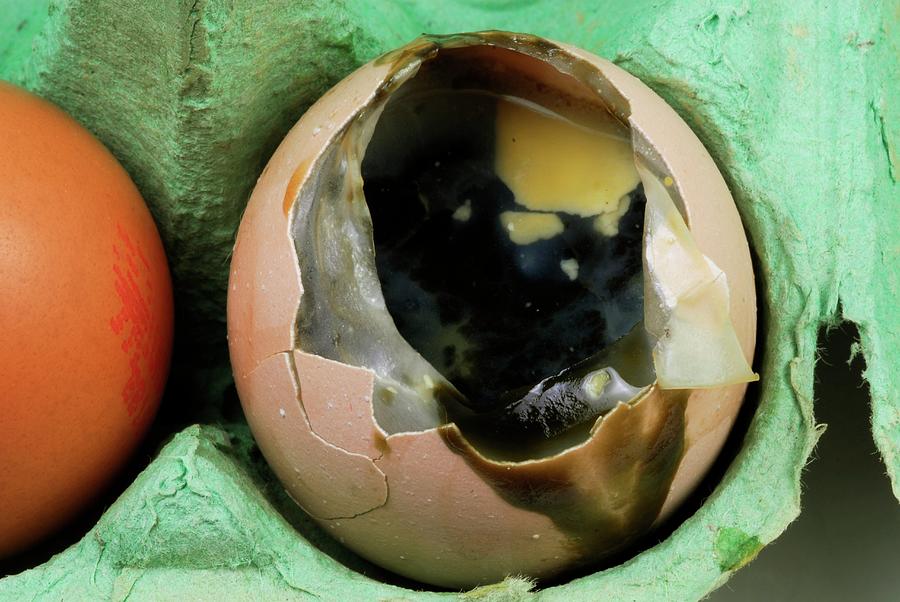 If the smell persists even after thorough cleaning and preventative measures, it may be a sign of a more serious issue in your home's plumbing system. In this case, it is best to seek the help of a professional plumber. They can properly diagnose and fix any underlying issues, ensuring that your home's design is not only functional but also free from unpleasant odors.
In conclusion, a rotten egg smell coming from your kitchen sink is not only unpleasant but can also be a sign of a larger issue in your home's design. By taking the necessary steps to clean and prevent future odors, you can eliminate this problem and ensure a healthy and functional home. Remember, regular maintenance and proper ventilation are key in maintaining a fresh and pleasant environment in your kitchen.
If the smell persists even after thorough cleaning and preventative measures, it may be a sign of a more serious issue in your home's plumbing system. In this case, it is best to seek the help of a professional plumber. They can properly diagnose and fix any underlying issues, ensuring that your home's design is not only functional but also free from unpleasant odors.
In conclusion, a rotten egg smell coming from your kitchen sink is not only unpleasant but can also be a sign of a larger issue in your home's design. By taking the necessary steps to clean and prevent future odors, you can eliminate this problem and ensure a healthy and functional home. Remember, regular maintenance and proper ventilation are key in maintaining a fresh and pleasant environment in your kitchen.



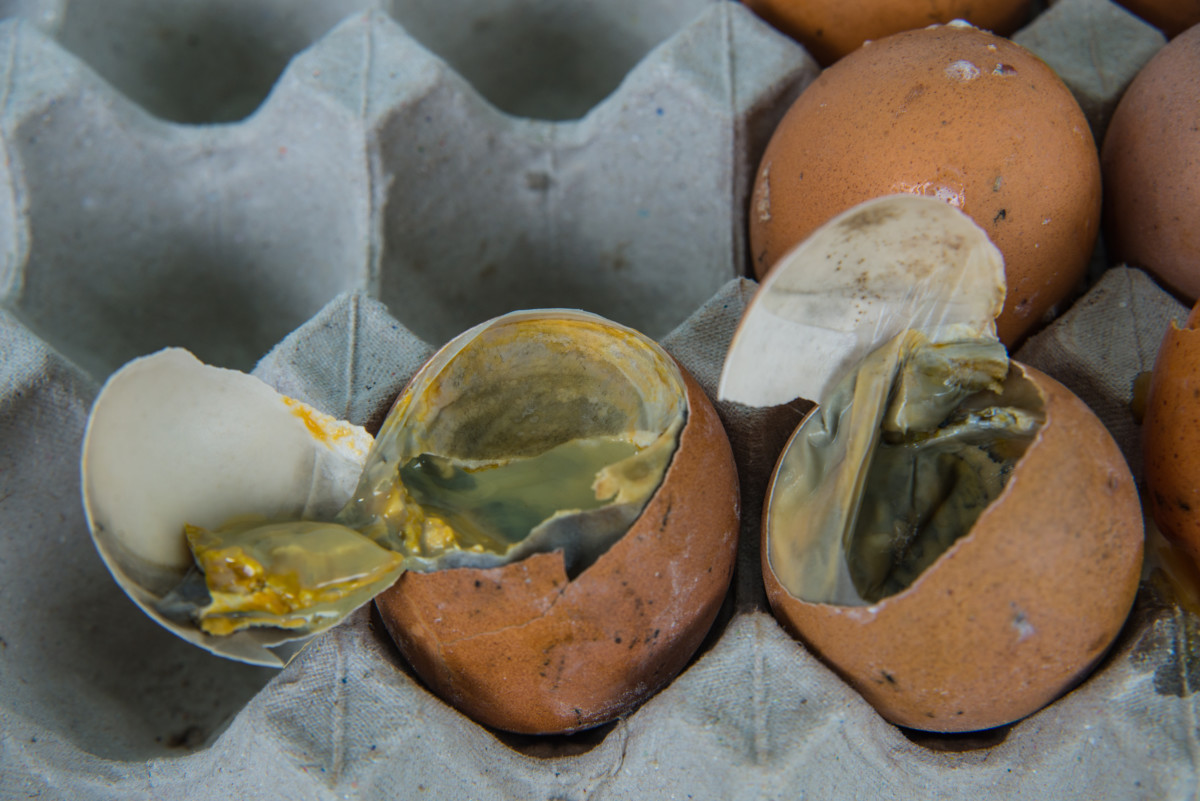

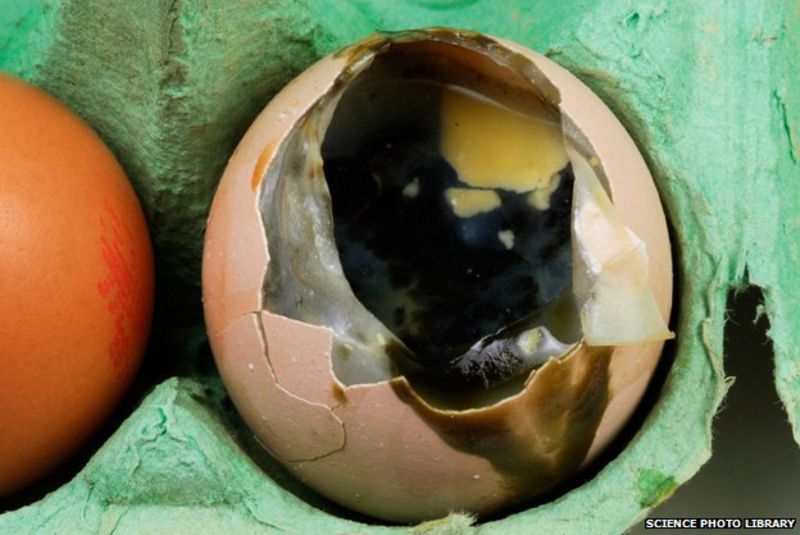

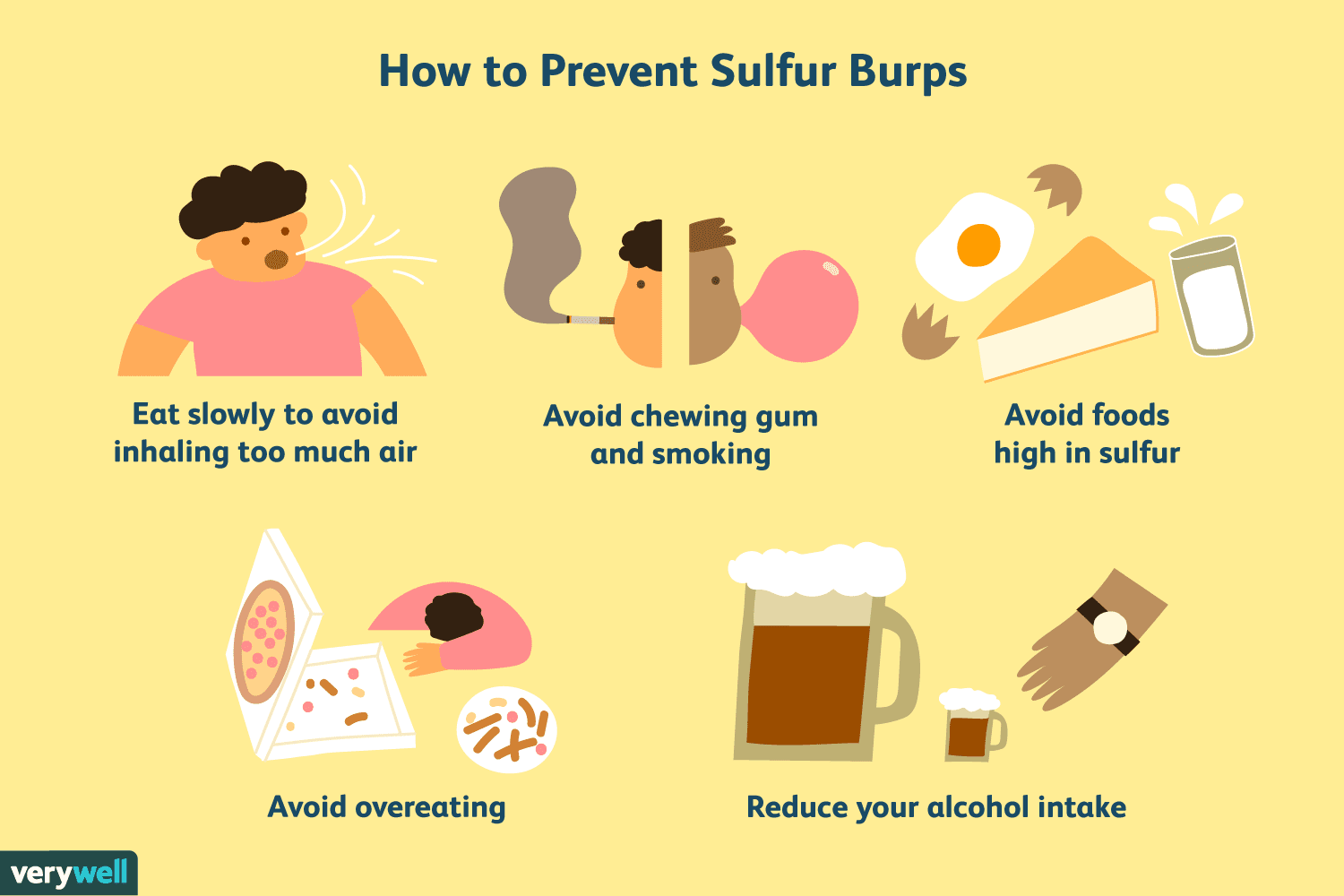


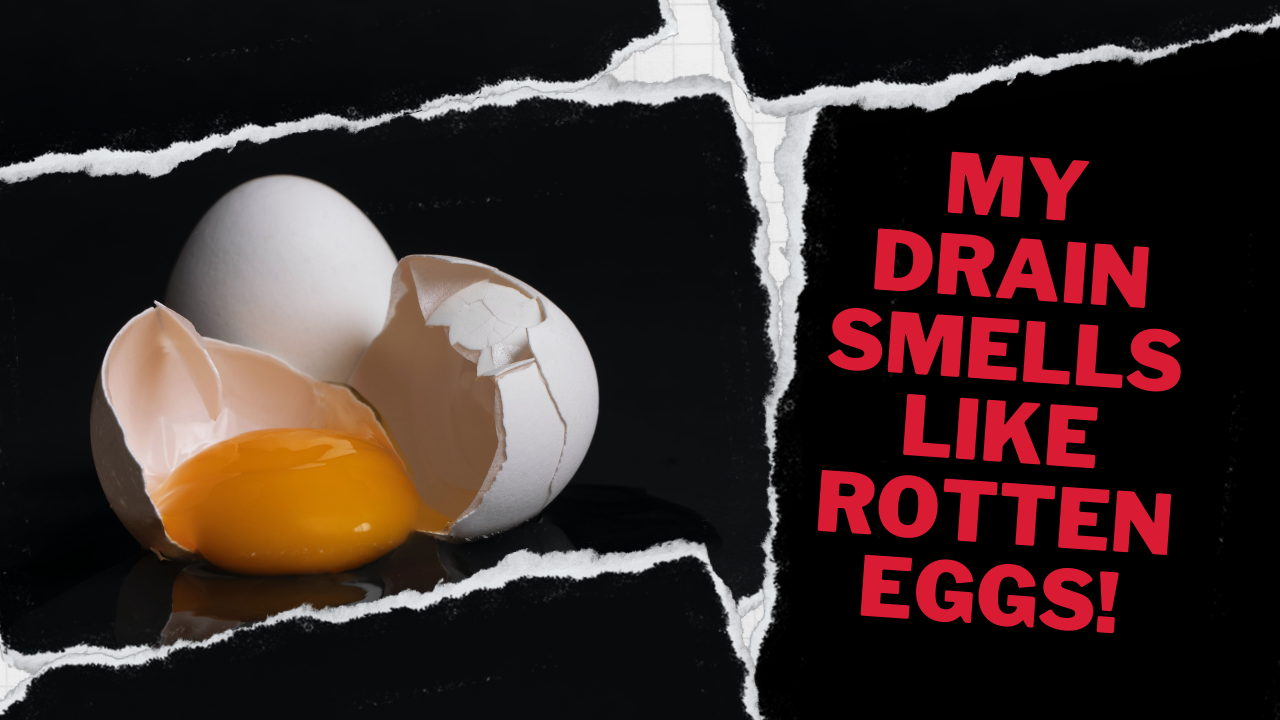











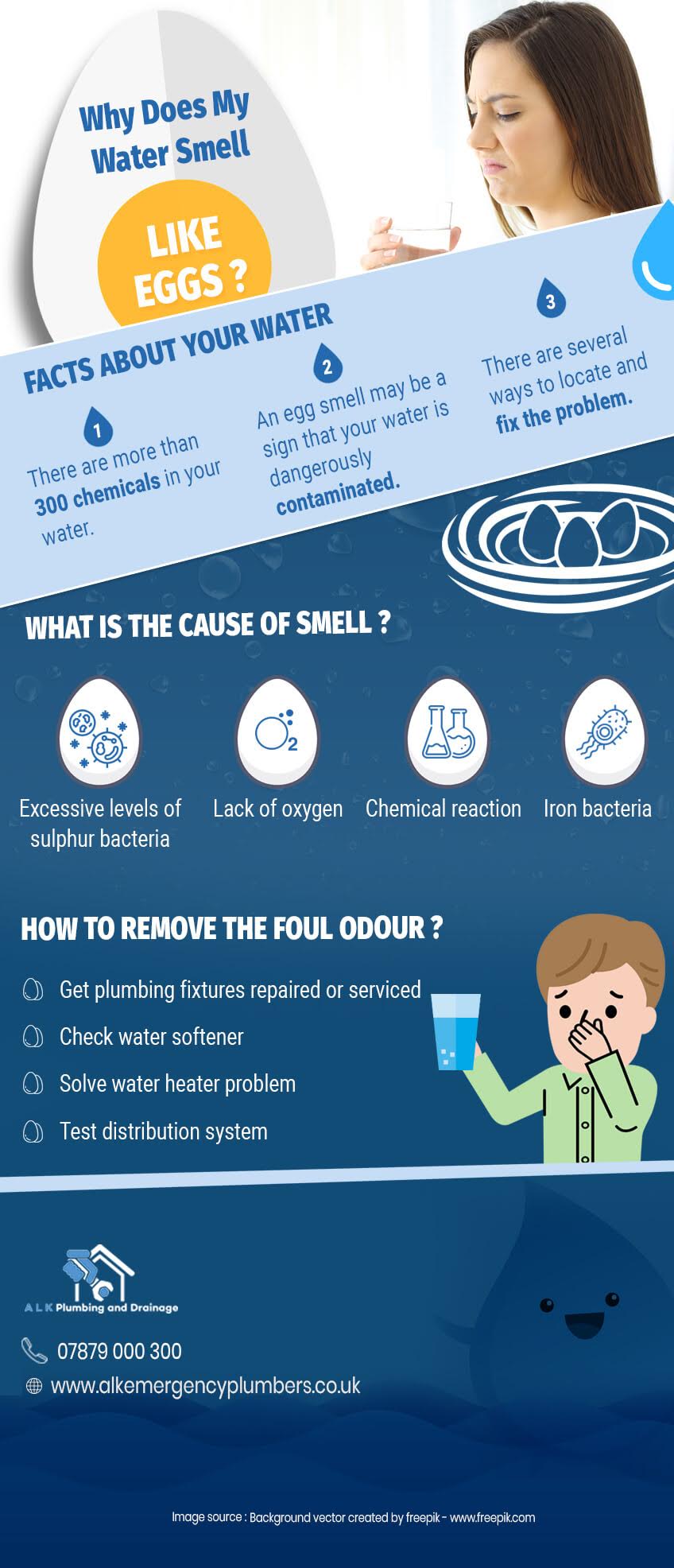



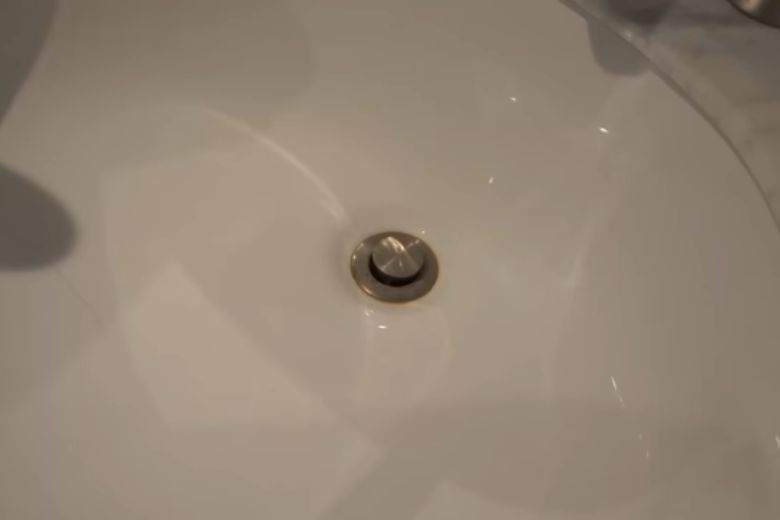



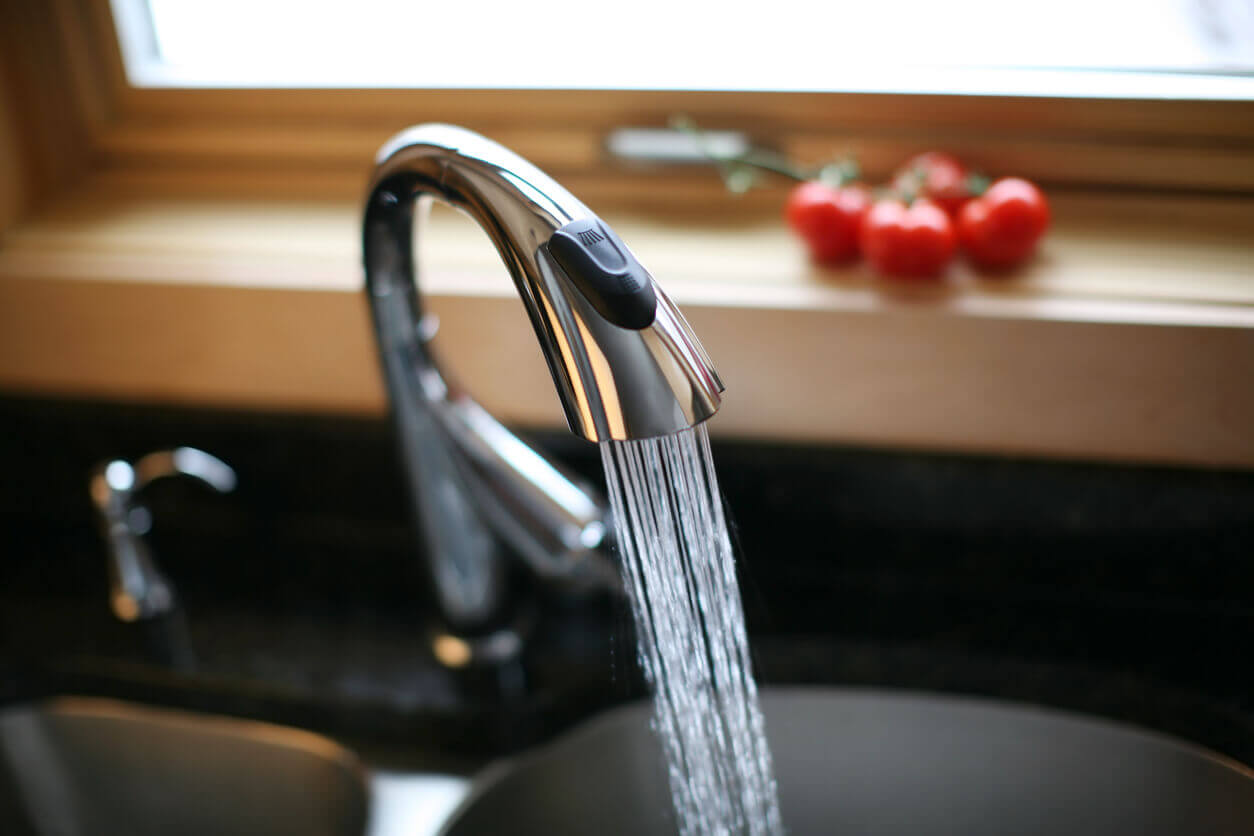

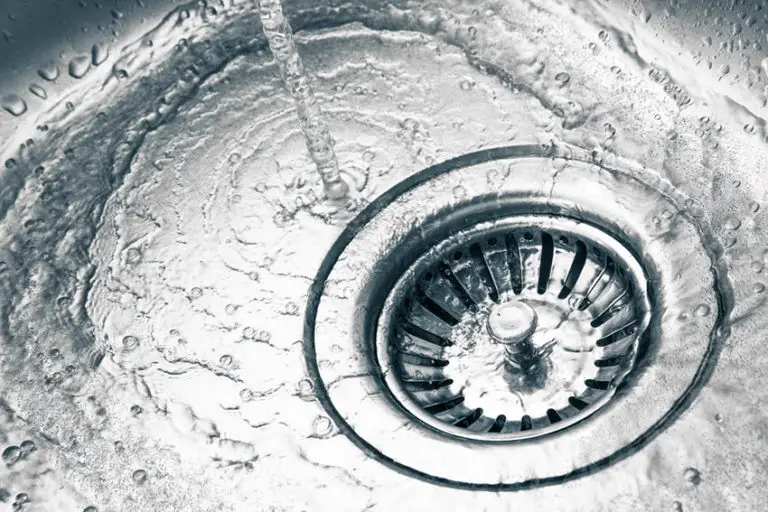


:no_upscale()/cdn.vox-cdn.com/uploads/chorus_asset/file/7720751/Z.H.CHEN.jpg)

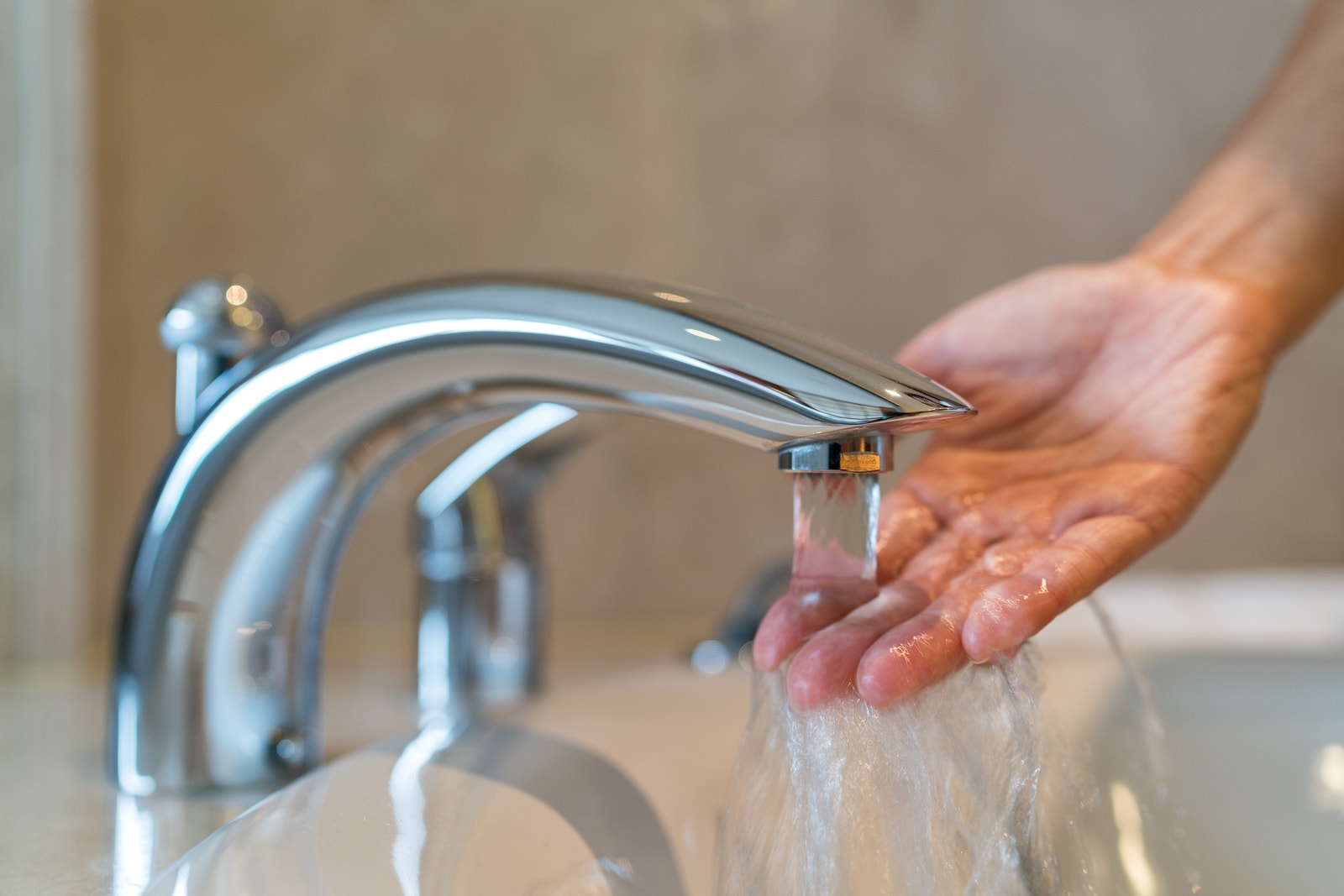




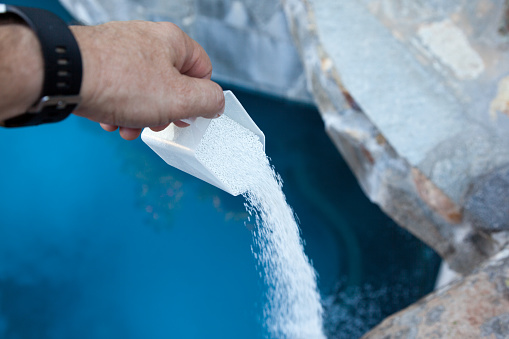


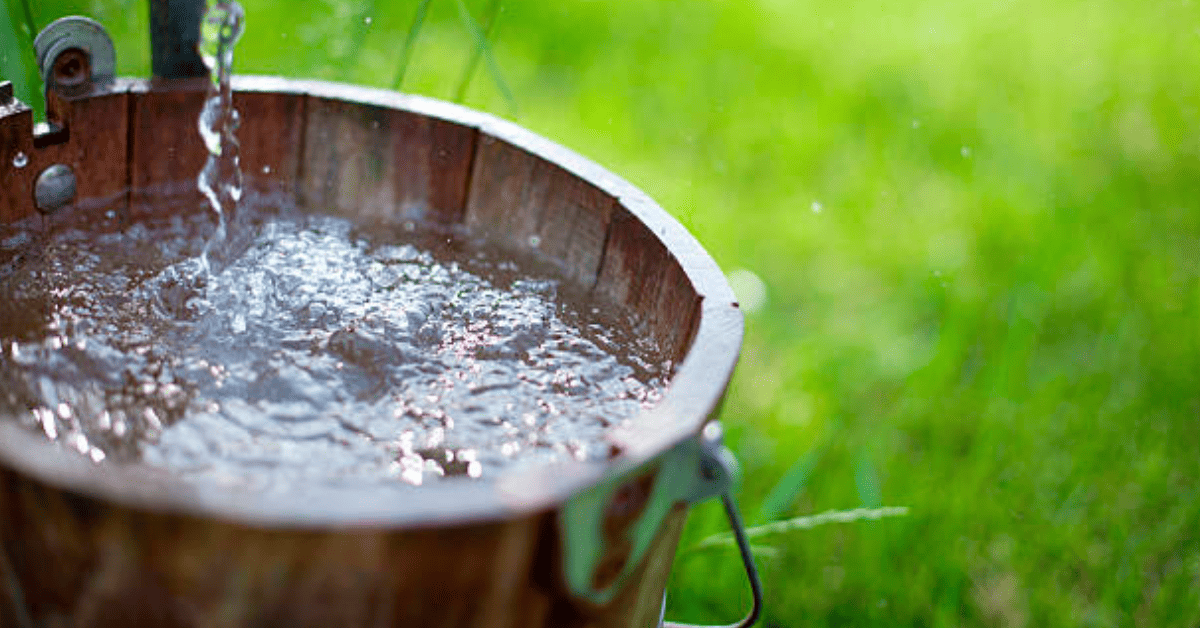







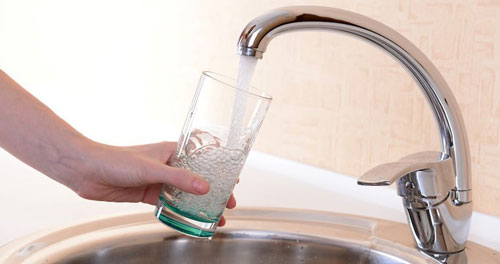





:max_bytes(150000):strip_icc()/why-does-my-kitchen-sink-smell-like-sewage-4707719_01-2030e27351fe4c6c9e1d94145dbbe30a.jpg)
